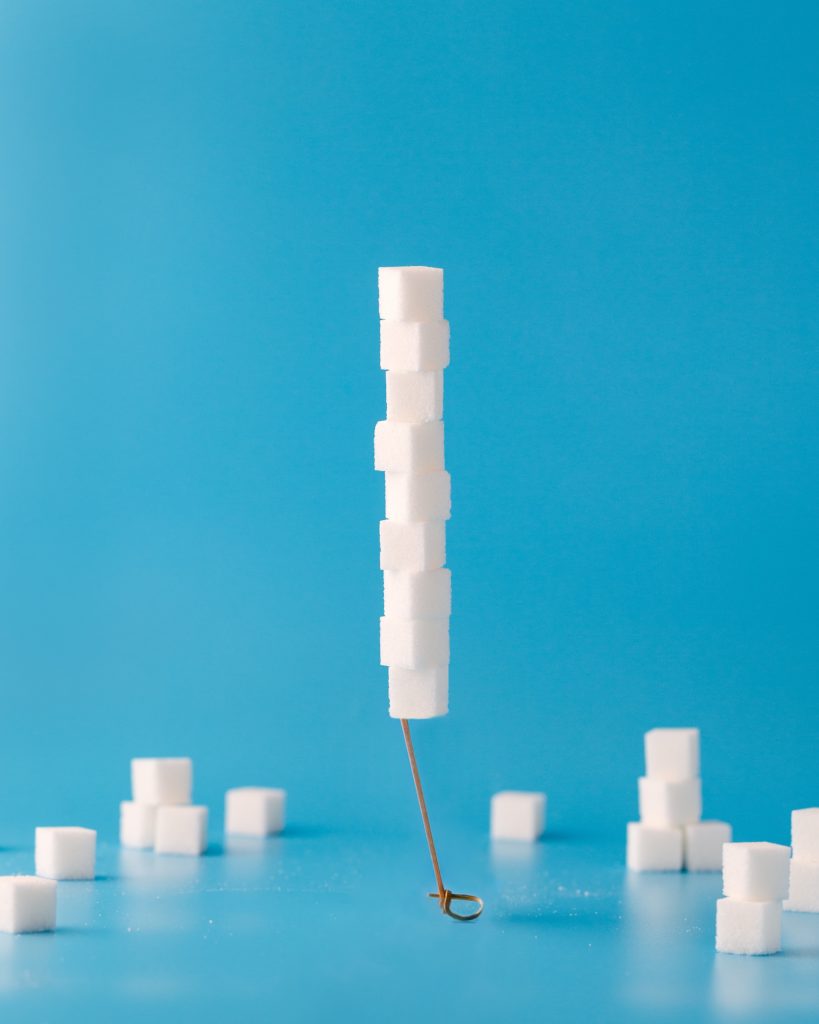The other day, after a hard BJJ training session, I was talking with one of my friends who’s an MMA fighter. He’d lost a recent fight and was looking for strategies to achieve peak performance next time.
“When I was younger, I trained MMA to learn to control my anger. But as I’ve gotten older, I’ve got the opposite problem—I’m so calm, it’s hard for me to find that anger to fuel me for a fight,” he said.
Mental conditioning is as—or more important than—physical conditioning.
Some guys are physical freaks of nature, but mentally weak—a couple jabs to the face and they lose their nerve. Other guys are physically average, but mentally unbreakable. My friend was struggling to tap into the mental state he needed to achieve peak performance.
Here are the strategies I walked him through that’ll help you improve your performance—in the octagon, in the library, or in the bedroom.
First, let’s lay the foundation with some basic concepts from behavioral psychology.
•••
Foundations of Classical Conditioning
Does the name Pavlov ring a bell? His experiments changed the way we understand behavior. He realized he could condition dogs to salivate at the sound of a bell.
See, salivating when you see food is a natural reflex. Bells aren’t delicious, so why did the dogs drool when they heard a bell ring?
Pavlov would ring the bell right before feeding them. So over time, the dogs associated the sound of the bell with food.
So when they heard a bell, they anticipated food and started salivating.
Even if he just rang the bell without giving them food, they still drooled because they’d learned to associate the bell with food.
Here’s how this applies to peak performance:
•••
The Art of Learning
In this episode of The Tim Ferris Show, he interviews Josh Waitzkin. Waitzkin is a master of deconstructing and leveraging psychological principles of learning, which have helped him become a top performer in many fields, including chess, martial arts, and foil surfing, as well as being a prominent high-performance coach and author of The Art of Learning.
At the beginning of the interview, he talks about how “Lose Yourself” by Eminem was his “trigger song” for the 2004 World Championship in Tai Chi Push Hands:
“I just hear two bars of that song, and I’m ready to fight ten dudes.”
But why would a song make him want to fight?
“I listened to that in the three months of training camp for the Worlds, and then during the competition…so it has a powerful triggering impact.”
Waitzkin learned to tap into the power of psychological conditioning, and so can you.
So how can you use this concept to improve your performance?
Pick a novel stimulus—a scent, a song, a flavor, whatever. Then pair it with an activity.
Here are examples of how this works:
Athletic Performance
Ever wonder why athletes develop so many weird rituals before a game or fight? Eating grass off the field, wearing smelly socks, dunking their hockey stick in a toilet, or eating exactly four pieces of black licorice all serve the same function–to get them into the zone.
You don’t have to get as weird to get similar results.
Listen to the same song every single time you train. Over time, your brain associates this song with athletic performance. If you’re a fighter, make this your walk-out song. If you hear the same song every day in training, then when you hear it to walk out to your fight, your brain will instantly kick into high gear because it hears the music and says, “Ok, this song means it’s go-time. So let’s fucking go!”
My friend plans to also use the smell of Tiger Balm to ignite his performance because a lot of fighters use it to relieve pain during training. He plans to dab a bit under his nose in training, then do the same right before a fight.
Studying
Create a specific playlist when you study. This will prime your brain to kick into Study Mode. I can’t read or study without music because I’m super distractible. A playlist conditions my brain to perform. This bypasses motivation or any long elaborate ritual to get in the zone. I just hit “play” and my brain instantly kicks into gear. I have one for writing, research, workouts, and even for specific books.
You can also chew the same flavor of gum when studying. Or have a “study” beverage you only drink during study sessions.
Sleep
You can do a sleep playlist, put on a specific scented lotion, light a candle or incense, or anything that engages your senses right before bedtime.
It may take a few days or weeks, but eventually, your brain will associate that sensory input with “bedtime,” and you’ll go to sleep faster.
This can also happen accidentally. I only set my alarm for the next day right before bed. So if I were to set my alarm at 4pm, I would instantly get tired because my brain associates setting my alarm with bedtime. I go more in-depth on how to improve your sleep in this article.
•••
Wrap-Up
Play with this concept in your life to prime your brain—and your body—to kick into gear when you need it.
But a word of warning: make sure whatever stimulus you use (song, scent, etc.) is novel. Meaning you ONLY use it at that specific time. If you have a song you want to condition athletic performance around, you can’t listen to it in the car on the way to the grocery store or when you’re bored at the doctor’s office. If you do, extinction will happen and your brain will lose the association between the song and performance.
•••
Bonus Lesson
Your breath can also be a stimulus. You can take three quick powerful breaths when you step onto the training mats to signal it’s go-time.
You can take ten slow controlled breaths at bedtime to tell your brain, “Hey, these ten breaths mean it’s time to sleep.”
You don’t have to get elaborate. In fact, the simpler the better. Complicated rituals and systems have more moving parts, which means more points of potential failure.
Keep it simple. Pick one behavior—one stimulus—one association. Let it get good and burnt in before you try to add more.



